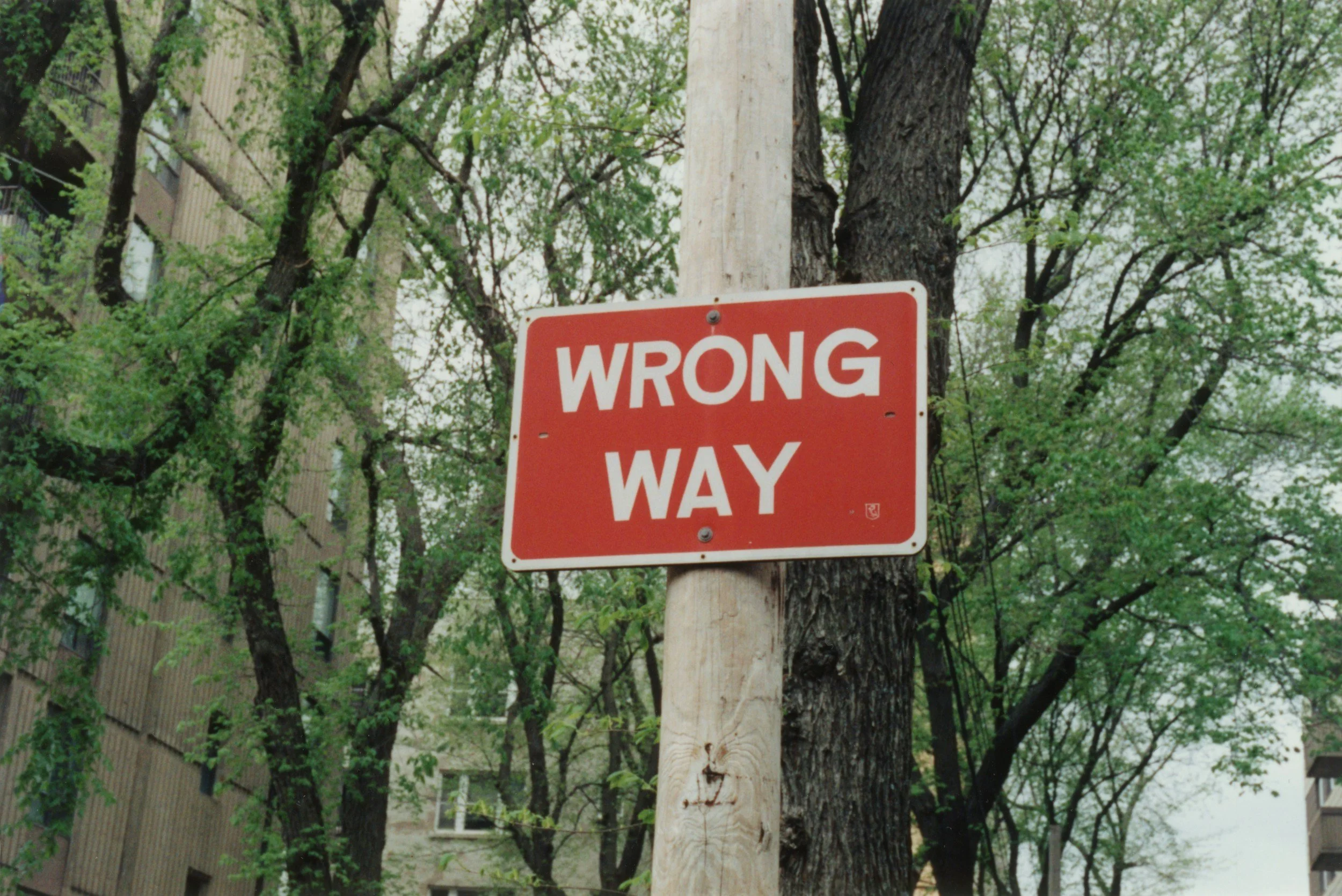Grammarly Doesn’t Always “Grammar” Right, Studies Show
The software is helpful but sometimes misses the mark.
Photo by Randy Laybourne on Unsplash
My beef with Grammarly is twofold: One, it doesn’t catch all errors; two, it introduces errors to the content. (Which, by the way, is a golden rule of copyediting: Never introduce an error.) Grammarly often suggests “fixes” that aren’t correct.
Dorothy Mayne, faculty associate at the University of Wisconsin-Madison’s writing center, wrote a blog post that examined Grammarly as a tool, particularly for ESL students. She highlighted examples of inaccurate suggestions Grammarly made, which included adding commas and articles (a, the) where it would be incorrect to do so.
(As her blog post notes from this 2014 study on Grammarly, the software doesn’t provide positive feedback to writers, which is a huge part of what editors do.)
A 2021 study of Grammarly, cited in this blog post by Brigham Young University’s editing blog “Editing Research,” found that 66 percent of the errors the software detected were accurate. Grammarly did not detect 7 percent of the errors in the content. The authors of the study (linked below) wrote, “The usage of Grammarly as a stand-alone product may not be optimal.”
Even Grammarly’s users agree the tool is a great backup but not totally reliable. A blog post for writers and content marketers from “The Blog Smith” rounded up a selection of reviews.
Here’s one: “I’ve used the full paid version in the past, but found it cumbersome to sort through which of their recommendations were correct and which weren’t. I think you need to know your grammar rules pretty well yourself to know when to override it,” says a Grammarly user named Kathy Krueger.
Other complaints included that Grammarly didn’t know industry jargon and didn’t apply well in creative content that could have a unique voice.
To sum it up, Grammarly is a “useful but imperfect tool,” as Mayne wrote.
As an editor, I find Grammarly helpful in spotting misspellings of proper nouns, quickly identifying and fixing hyphenations, and double-checking subject-verb agreement. But in every piece of content I use it for, I’m rejecting some of Grammarly’s suggestions as well as accepting others.
If you’re a writer, it’s a great idea to apply Grammarly and a spell-checker to your writing before you submit your project. Editors are always appreciative when writers send them content that’s as clean as they could make it. But Grammarly isn’t what’s going to make your document publication-ready. A human editor is.
***
Enjoy this post? Buy me a coffee in support.
Hi, I’m Jaime, editor and owner of Pristine Editing LLC. To get to know me better, and for more editing tips, sign up for my quarterly email newsletter! You can also follow me on LinkedIn and Instagram. My website is pristineediting.com, and there you can find my free style guide template.
